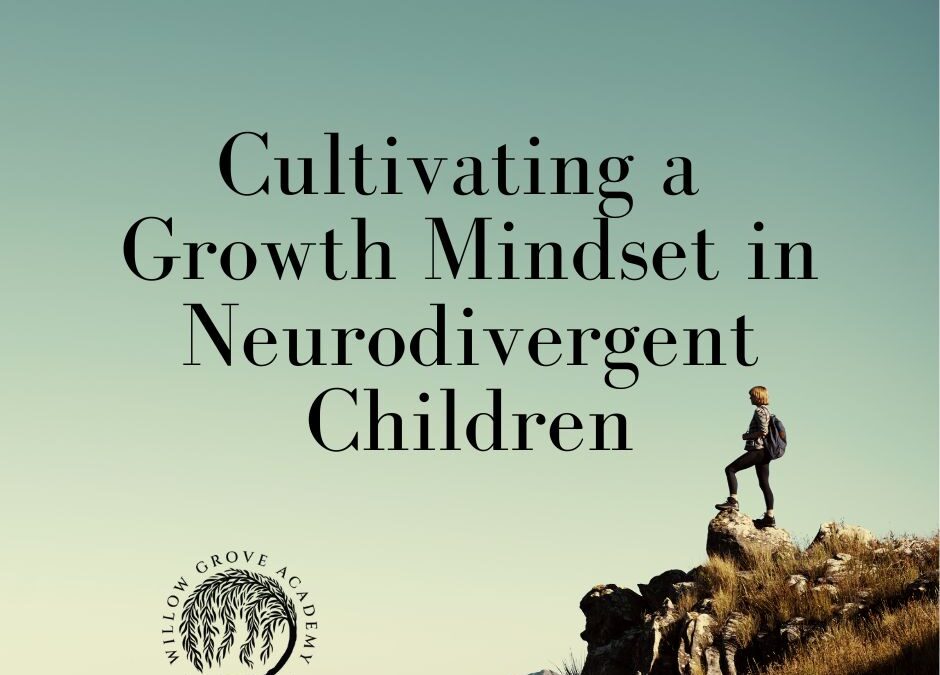Fostering a growth mindset in neurodivergent children by emphasizing the value of effort, perseverance, and resilience in learning is vitally important.
In fact, this mindset is what will influence your child’s future well into adulthood and does not just apply to school work.
I talk a lot about structure. Setting up a daily routine helps your child develop good habits. This includes hygiene, chores, meals, and schoolwork.
The structure of the day helps a child know what to expect and ensures that tasks get completed. It also shows him progress.
As he works through assignments and masters academic concepts, he sees his progression forward and can also look back and see how far he has come. This confidence is so important in developing his self-esteem and self-confidence.
Many neurodivergent children struggle with anxiety. Daily routines help to reduce anxiety. As you may already know, a disruption to the routine exacerbates anxiety so it is helpful to keep disruptions to a minimum.
Encourage perseverance with your child. It is ok if something is hard and it isn’t mastered immediately. Keep at it until it is mastered. It might take a day, weeks, or months. That’s ok. What is important is that he keeps at it until he can do it on his own. This is worth more than all the encouragement you can provide to him. This is actual proof that he can do it.
Mastering difficult tasks and concepts give him an “I can” mentality rather than an “I can’t” mentality. Being able to look back on all of the hard work he has completed is at the root of the “I can” attitude! Naturally there will be setbacks, but developing the ability in your child to assess his successes is vital.
As you start to cultivate a growth mindset, also focus on your child’s strengths. He must learn to use these strengths to his advantage and also assess where he is weak to know when he needs to compensate or have outside help. A good sense of where he is strong and also where he is not so strong contributes to his overall development.
Don’t get bogged down in completing workbooks, grade level standards, or what everyone else is doing. Use your child, his abilities and his accomplishments as your benchmark. You are working at his pace, not anyone else’s.
Changing your focus will reduce stress for both of you, and also give you a realistic picture of what he is capable of.
As you shift your perspective to one that is focused on your child, take time to celebrate the small steps. You will notice all of the growth you might have missed by focusing on the standards set by others.
Gradually you will begin to see that a lot of those small steps add up to big steps. This is the beginning of developing a growth mindset!

